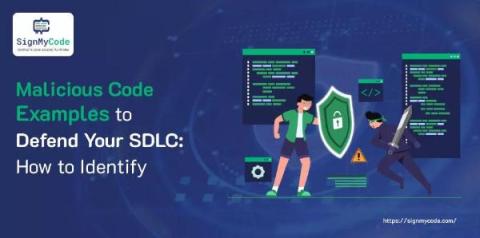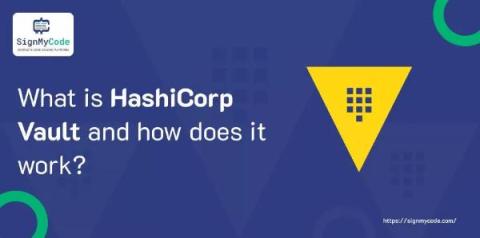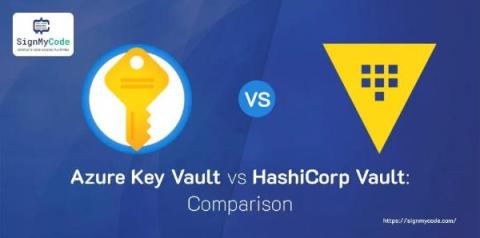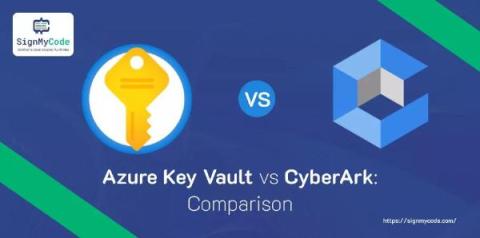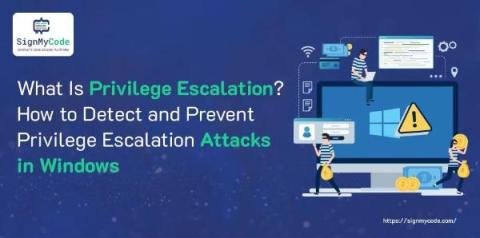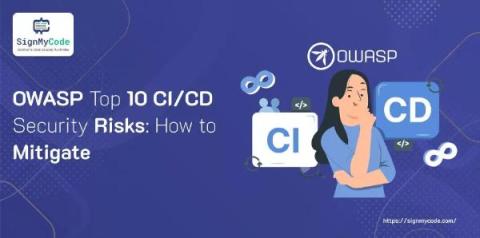Identify Malicious Code: Examples to Defend Your SDLC
A malicious code, commonly known as malware is simply a software created to harm computer systems and applications, make changes to networks, and the victim completely unaware. Unlike accidental security flaws and applications’ configuration failures, which are occurring because of irrelevant mistakes like coding mistakes or other mistakes during development activities, deliberate code is purposely designed in order to cause some harm.


